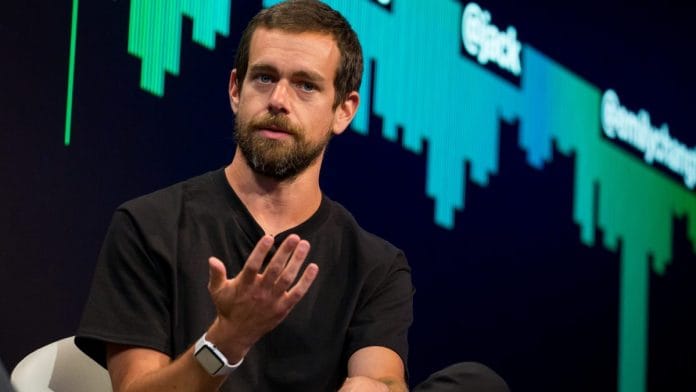New Delhi: Twitter’s co-founder and CEO, Jack Dorsey announced Wednesday that the micro-blogging website would be banning all political advertisements from 22 November.
Dorsey made the announcement on Twitter and declared that “political message reach should be earned, not bought”.
We’ve made the decision to stop all political advertising on Twitter globally. We believe political message reach should be earned, not bought. Why? A few reasons…?
— jack (@jack) October 30, 2019
“While internet advertising is incredibly powerful and very effective for commercial advertisers, that power brings significant risks to politics, where it can be used to influence votes to affect the lives of millions” added Dorsey.
This comes just days after Facebook’s founder Mark Zuckerberg made a public case against banning political ads for the sake of “freedom of expression”. After Dorsey’s announcement, Zuckerberg said, “In a democracy, I don’t think it’s right for private companies to censor politicians or the news.”
Twitter’s new political ads policy
Dorsey conceded that internet political campaigns presented a completely different challenge in the form of “machine learning-based optimization of messaging and micro-targeting, unchecked misleading information, and deep fakes.”
“It‘s not credible for us to say: ‘We’re working hard to stop people from gaming our systems to spread misleading info, buuut if someone pays us to target and force people to see their political ad…well…they can say whatever they want!” added Dorsey.
He further announced that Twitter would also be banning issue-based campaigns and only voter registration awareness campaigns would be given space on the site.
Vijaya Gadde, Twitter’s legal lead, identified political ads as those that refer to an election or a candidate and ads that “advocate for or against legislative issues of national importance”.
hi – here's our current definition:
1/ Ads that refer to an election or a candidate, or
2/ Ads that advocate for or against legislative issues of national importance (such as: climate change, healthcare, immigration, national security, taxes)
— Vijaya Gadde (@vijaya) October 30, 2019
The full details of this policy change would be released by 15 November.
How big is Twitter’s move?
Twitter’s decision to ban political ads has been hailed primarily by the left-of-centre political class.
Former US presidential candidate, Hillary Clinton said, “This is the right thing to do for democracy in America and all over the world.”
This is the right thing to do for democracy in America and all over the world.
What say you, @Facebook? https://t.co/dRgipKHzUG
— Hillary Clinton (@HillaryClinton) October 30, 2019
Other Democratic party leaders such as Joe Biden and Alexandria Ocasio-Cortez also applauded Twitter. Most of these politicians used this opportunity to question Facebook’s position on paid political advertisements.
Social media experts and political analysts have also hailed Twitter’s move
“This is honestly one of the first times a tech giant has stepped back in concern for the enormous disruptions they’re doing to the institutions that don’t move as quickly as them,” tweeted Carl Miller, Research Director at Centre for the Analysis of Social Media.
Check out Twitter's reasoning in stopping all political ads (candidates and issues) globally.
This is honestly one of the first times a tech giant has stepped back in concern for the enormous disruptions they're doing to the institutions that don't move as quickly as them. https://t.co/maKNFhkRSw
— Carl Miller (@carljackmiller) October 30, 2019
“Twitter banning political ads is huge because it opens a gaping hole in Facebook’s public policy position. When even another tech giant says ‘oh hey, this totally undermines democracy actually’, they’re going to look a hell of a lot more exposed by denying it,” added Miller.
While many are celebrating this move, critics also argue that propaganda, in the form of deep fakes and bots on Twitter pose a bigger challenge than political ads.






